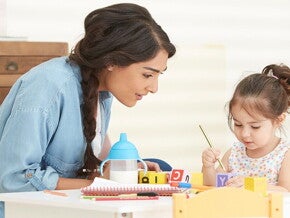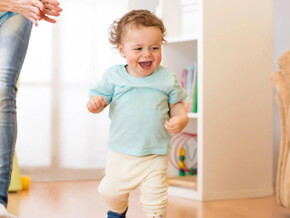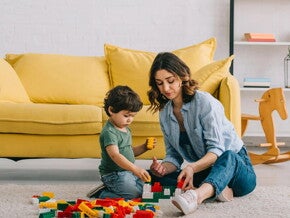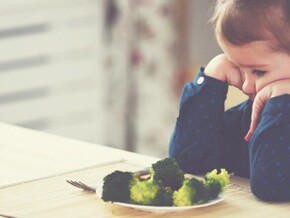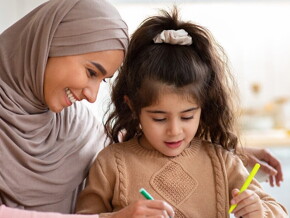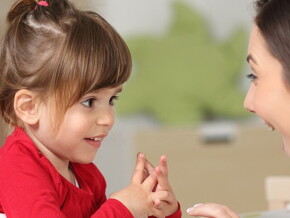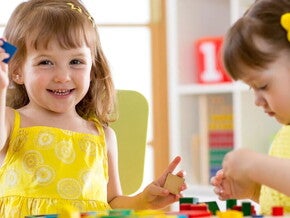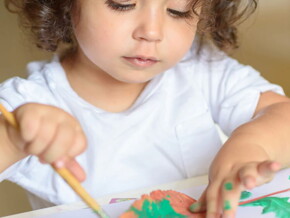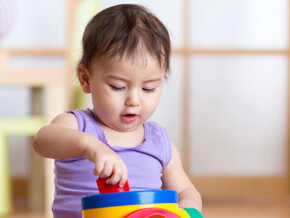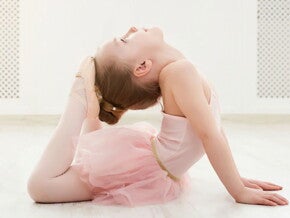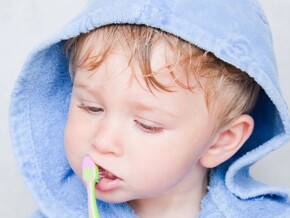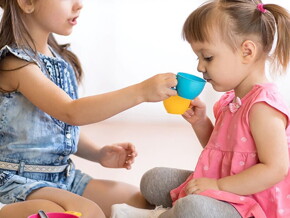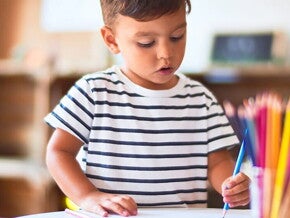
Looking for Evidence – Understanding Children’s Behaviours
But why is this happening? The evidence is everywhere – we just have to be able to see it and make sense of it. But it is not always just what you see!
Seeing vs. Observing
We can assume that all children’s behaviours are forms of communication that may not always be evident to the bare eye. If we delve a little bit deeper, however, and focus on making sense of what we see, we can start understanding what our children are communicating. To do this you need to observe!
Being able to observe is an incredible skill that once mastered, will open up your eyes to why your child behaves the way they do and ultimately, allow yourself to gain more insights to their development. This is not to say that there is always a reason for absolutely everything your child does, but you may want to be one step ahead of the game.
Here are a few ideas for you to start observing like a pro.
Look for patterns:
While we can’t make sense of everything our children do, we can sometimes see patterns that show us that certain recurring things are happening for a reason. This could be the time of day these behaviours occur, the people children or adults, around which certain behaviours are exhibited, a particular context that triggers certain behaviours and so forth. Make a mental note and be aware of what is happening and how often it happens and where and when it happens. Once you realize that there is a pattern of behaviour, you start looking for the sources of behaviour and context in which it happens. This can then help you make changes in the behaviour, prevent it and intervene accordingly.
Know your ABCs:
There is usually a reason for most of the behaviours we observe in our children. Learning your ABCs will provide you with more focused observations to help change that behaviour, for the better. Your ABCs are also known as Antecedent (before), Behavior (during), and Consequence (after). So right before you saw that momentary or temporary behaviour, you are obviously aware that something set it off.
Now let’s take all the above and see it using an example of a child’s behaviour and how sometimes, seeing and observing lead to totally different perspectives:
Your child is discovering through role play:
Antecedent: You have noticed that every time you get your nails done, your daughter comments on how pretty your nails look and mentions that someday she will “be like mama”; and despite having been told not to paint her fingernails, she trots along and proudly shows you her blue nails, newly painted with a permanent marker.
Consequence: You get upset and scold her for having coloured her fingernails.
Behaviour: She starts crying and as a result, all she wants to do is go to sleep. Interestingly, her wanting to go to go to sleep is not because she is tired. With time you come to discover that whenever she is scolded, she deals with her distress by wanting to go to sleep. It is a behaviour in response to the consequence of your scolding.
Now let us see how this behaviour may get misinterpreted in the classroom!
Antecedent: Children are natural explorers-if you allow them the opportunity! A simple painting activity turns into an exploration and discovery of their senses which leads to one big mess!
Consequence: These explorations are misinterpreted as misbehaviour when children create a big mess with their activity. The teacher gets upset and scolds your child for making such a mess.
Behaviour: Your child wants to go to sleep because she just got shouted at. The concerned teacher asks if your child is getting enough sleep during the day because she is really misbehaving, assuming that her behaviour is a result of being tired.
When you ‘observe’ your child and not just ‘see’ their behaviour, you can then make sense of the way the pattern your child is developing when dealing with a scolding.
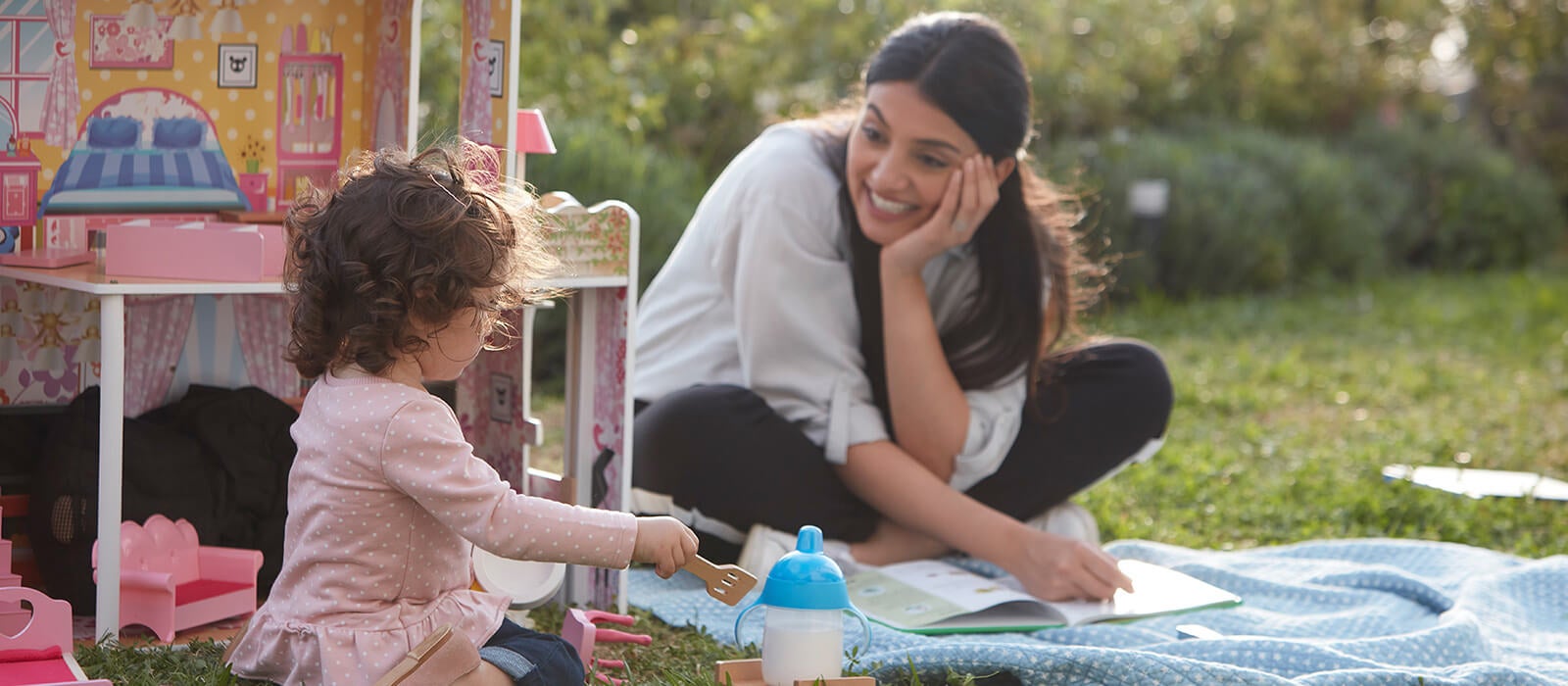
Dearest mum: We all need to work on refining our observation skills – it is a matter purposefully and consciously making mental notes each time we observe a behaviour. If we really want to know what is going on with our children and to make sense of why, then we need to watch, but importantly, observe. These skills will eventually be internalized and understanding what might be going on with our child will only get easier
